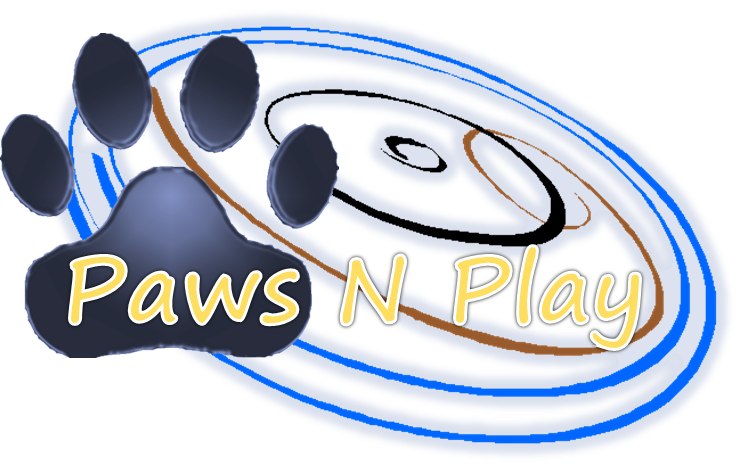Dog Play - What’s Appropriate & What’s Not
Teaching dogs appropriate dog play behaviors is critical especially in a multiple dog home. Appropriate dog play is a key social behavior that all dogs should learn. It is your job to ensure that dogs learn appropriate dog play behaviors.
From the very first day, you should carefully monitor all your dog’s playtimes. By supervising, you can shape your dog’s play style for the rest of his life. The most important part of supervision is being able to recognize when play is appropriate and when it is not. The second most important part is being able to interrupt questionable or inappropriate play and call your dog away before it goes bad.
There are three kinds of dog play—good, questionable, and totally inappropriate. Here’s how to tell them apart:
Good Dog Play
You don’t need to interrupt this play. The dogs are monitoring themselves.
Play is balanced. There is a lot of give-and-take. Both dogs are clearly having fun.
Dogs have loose, relaxed bodies, and their movements are silly and inefficient-looking.
Chase games exhibit a sense of sharing. But, if one dog is being chased into hiding or is becoming defensive, interrupt the play.
Both dogs are making friendly play gestures. These include play bows, turning and hitting with the hips and both dogs stopping when things get too rough.
Questionable Dog Play
You should always interrupt this play before it goes too far. Any of the following behaviors can lead to a fight.
Wrestling can be appropriate but is questionable and should be interrupted if more than two dogs are involved, or if one dog is always on the bottom.
Tug-of-war if one or both dogs become possessive.
Stalking postures: These postures are not play behavior. A stalking posture is significantly different from play bow and is often the first stage of a body slam.
Rude & Totally Inappropriate Dog Play
This “play” is not play at all; it is aggressive behavior and must always be stopped. After you intervene you have a good opportunity to play one-on-one with your dog while he settles down. Rude behaviors are:
Neck biting and collar grabbing.
Excessive barking and harassing another dog. Rude puppies often do this relentlessly at adult dogs that do not want to play.
Body slamming. This is only fun for the slammer.
Pinning. Bull breeds do this routinely, but others do it, too.
Mounting other dogs. Both males and females do this and it is almost guaranteed to start a fight.
Snapping. A dog that is scared or aggravated may snap; so may a dog that is guarding a toy or a bone.
Standing in a “T” position (head over another dog’s shoulders). This is never play; it is always a challenge. Don’t let it happen at all.
Ganging up. Two or more dogs ganging up on one.
Sign up for a Dog Play class today!
Paws N Play offers supervised Dog Play Classes indoors for your and your dog. Classes are kept small and owners stay with their dogs so that they can learn more about what is appropriate and not appropriate dog play. Owners assist in identifying inappropriate dog play and interrupting that dog so that the dogs also learn what is appropriate and not appropriate.
We offer both Small Dog Play Classes and Big Dog Dog Play Classes. Each class is 1 hour long. Half of all proceeds go to a Dog Rescue Charity that is being sponsored for that specific year. This year, 2024, we are sponsoring BadAss Bulldog Rescue. Our goal is to raise $2500 or more throughout the year to help them with much needed vet bills.



